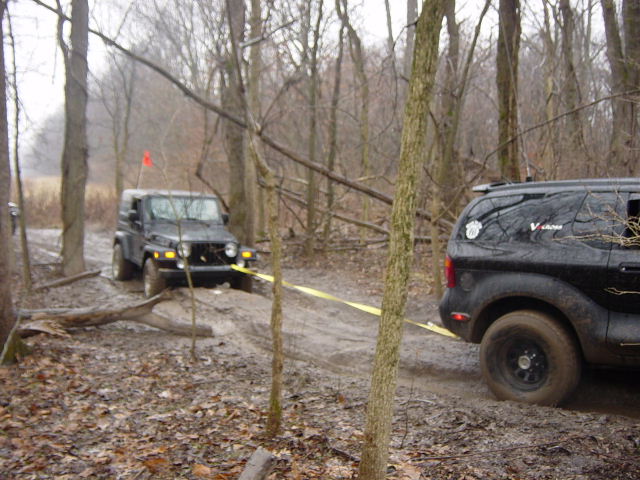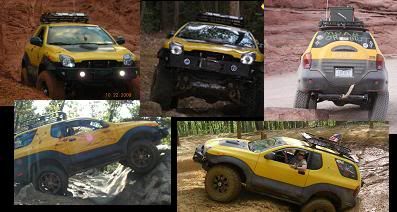Next time you get the question say it has a solid rear axle, if you say "No, it has no solid axle", it kinda lumps you into the crossover type built vehicles like a Honda SUV or something.
I like the setup of IFS up front and solid rear especially for runs with a few mud pits (most of AK trails) as you have LOTS of clearance under an IFS setup up front so you are not dragging/pushing mud with 2 big ol' low hanging pumpkins underneath, while you still have the rear axle to articulate and keep the traction through the rocks.
2001 Ironman Daily Driver... 3.5" suspension lift (OME912 springs and 1" spring spacer), ball joint flip, 1.5" front diff. drop, 33"x12.5 TrXus MT, 16x10 Eagle Alloy rims, Interceptor, PV muffler, K&N air filter, Alpine Supercharger, Bilstein shocks, and some trimming.
2000 Ironman Project LS-1 VX... very slow progress but someday....... ohhhhh someday......






 Reply With Quote
Reply With Quote














